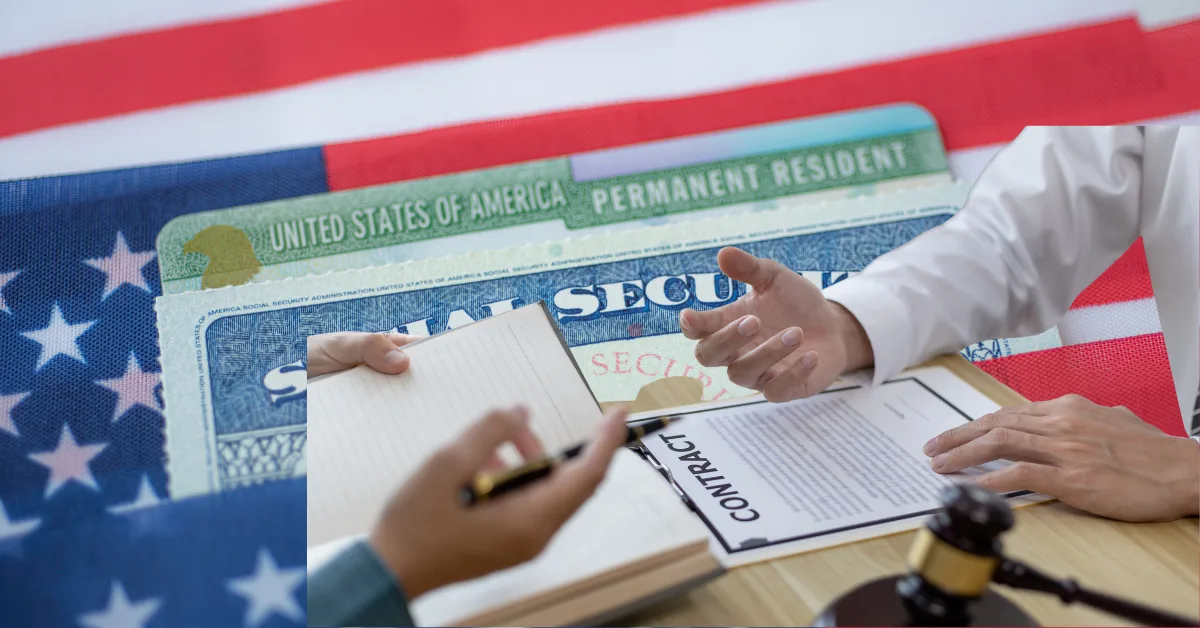In recent years, the discourse surrounding social justice and anti-racism has burgeoned into a crucial focus of societal evolution. In this milieu, the teachings of the Bahá’í Faith stand out, not only for their timeless principles but also for their profound understanding of the intricacies involved in combating systemic injustices. This exploration of Bahá’í teachings aims to illuminate the interconnectedness of social justice and anti-racism, while addressing a common observation: the overwhelming fascination individuals feel when delving into faith-based solutions for societal ills.
The Bahá’í Faith posits the essential oneness of humanity as its core tenet. This principle asserts that all human beings, irrespective of their race, nationality, or creed, belong to a singular global family. Such a belief directly counteracts divisions that have historically perpetuated discrimination and prejudice. The origin of social inequalities can often be traced back to misconceptions about difference; the Bahá’í teachings articulate that these distinctions are superficial. By fostering an understanding of our collective humanity, the Bahá’í Faith emboldens its followers to advocate for social justice in their communities.
At the crux of the Bahá’í outlook on social justice is an unwavering commitment to equity. This methodology recognizes that systemic barriers impede the inherent dignity and rights of individuals. Societal transformation cannot occur in isolation; it necessitates a concerted effort to dismantle structures that uphold inequality. Bahá’ís emphasize the importance of collective action, urging individuals to engage in various forms of activism—be it through education, advocacy, or community service. In doing so, they foster an environment where mutual respect and understanding can flourish.
Furthermore, education features prominently in the Bahá’í approach to fostering social justice. Acknowledging that knowledge is a powerful catalyst for change, the Faith advocates for an educational framework that promotes critical thinking and moral development. This holistic education seeks to equip individuals with the tools necessary to challenge pervasive stereotypes and prejudices. By instilling values of justice and equity in younger generations, the Bahá’í community actively works to mitigate biases that feed into racism, fostering a society in which diversity is celebrated.
The Bahá’í writings also illuminate the individual responsibility to confront racism. They recognize that societal change begins with personal transformation. The teachings admonish followers to introspectively assess their own biases and racial prejudices. This personal accountability extends beyond mere acknowledgment; it implores individuals to actively engage in anti-racist practices, thereby exemplifying the ideal of justice in their daily lives. Such internal work creates the groundwork for broader social transformations and encourages a collective ethos that vilifies injustice.
Moreover, the intersections of social justice and anti-racism are further heightened through the Bahá’í perspective on unity in diversity. This doctrine challenges the notion of monocultural superiority; instead, it elevates the vibrancy inherent in diverse cultures, traditions, and identities. The Bahá’í Faith argues that diversity enriches societies and provides a robust framework through which communities can thrive. By advocating for the inclusion of varied voices in dialogue surrounding justice, Bahá’ís embody their commitment to fostering a pluralistic society.
Another salient aspect of Bahá’í teachings lies in the concept of justice as a universal principle. Justice transcends legalities, embodying an ethical foundation from which society can flourish. The teachings assert that true justice is rooted in love and compassion, and encompasses an understanding of the complexities of human experience. This nuanced concept encourages believers to understand the conditions leading to injustice and to address them holistically, thereby ensuring that solutions are not merely punitive but restorative.
In examining the role of community, the Bahá’í Faith underscores the significance of collective progress in the fight against systemic racism. This community-centric approach fosters solidarity and collaboration. Bahá’í institutions are structured to facilitate discourse among diverse groups, emphasizing the transformative potential of united efforts. Grassroots movements rallying for social justice are amplified through the cohesion and support that characterize Bahá’í gatherings, which often serve as platforms for dialogue and understanding.
The importance of dialogue in the pursuit of social justice and anti-racism cannot be overstated. The Bahá’í teachings encourage open and constructive discussions among various factions, which can illuminate underlying prejudices and foster healing. Engagement in meaningful conversations allows for the amalgamation of different perspectives, ultimately leading to more comprehensive solutions. The role of active listening in this process is crucial, as it promotes empathy and reduces defensiveness, thus fostering an environment conducive to productive exchanges.
In conclusion, the Bahá’í teachings provide a rich tapestry that intricately weaves together the principles of social justice and anti-racism. By advocating for the oneness of humanity, emphasizing individual accountability, and promoting education and community engagement, the Bahá’í Faith presents a holistic framework to confront injustice. As individuals grapple with societal divisions, the call for unity, respect, and compassion becomes ever more pressing. The transformative potential of the Bahá’í teachings should not be underestimated, serving as a guiding light for those dedicated to nurturing a just and equitable world.
